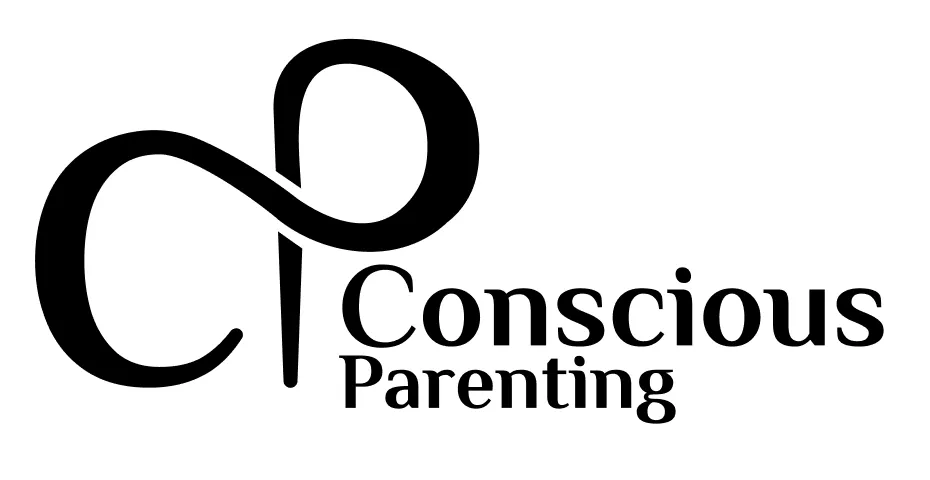
Cognitive Impairment
Exposure to screens and digital media can have significant effects on children’s attention spans, ability to focus, and capacity for independent thinking. For young children, these effects can be particularly pronounced because their brains are still developing and adapting to their environments. Below are some key insights on how screen time and digital media use can impact children’s cognitive abilities:
1. Shortened Attention Span: The Adolescent Brain Cognitive Development (ABCD) study, launched by the NIH in 2015, is the largest long-term study of brain development and child health in the U.S. Its key findings focus on the effects of screen time, sleep, and physical activity on children's cognitive development. Key research findings were published starting in 2018. The study found that children who spent more than two hours per day on screens performed worse on language and thinking tests, with negative effects on areas like memory and attention.
2. Hyperstimulation: Frequent exposure to fast-paced, highly stimulating content, such as video games or rapidly edited videos, can condition children’s brains to expect constant stimulation. This can make it harder for them to focus on slower-paced, less engaging tasks like reading or schoolwork.
3. Executive Function Impairments: Excessive screen time has been linked to deficits in executive functions, including working memory, cognitive flexibility, and self-regulation. These functions are critical for managing attention and planning.
4. Sleep Disruption Impairs Focus: Screen exposure, especially before bed, can interfere with sleep quality by affecting melatonin production, which disrupts sleep cycles. Poor sleep can impair a child’s ability to focus and think clearly during the day. The American Psychological Association found that children who use screens in the evening often experience poor sleep, which negatively impacts their cognitive functions, including attention and memory.
5. Attention Deficit and Hyperactivity Disorders (ADHD): Several studies have explored the connection between children's screen exposure and the development of ADHD (Attention Deficit Hyperactivity Disorder), all of which revealed strong correlation between extended screen time and increased ADHD symptoms:
Correlation between extended screen time and increased ADHD symptoms: A study published in BMC Pediatrics involving preschool children in China found that those exposed to screens for more than one hour on weekdays were significantly more likely to exhibit ADHD symptoms. The study reported a notable odds ratio (OR = 1.826), indicating a correlation between extended screen time and increased ADHD symptoms
Evidence of the causality of screen time and childhood ADHD: A large Mendelian randomization study assessed the causal relationship between various types of screen time and childhood ADHD. This study provided some evidence for the causality of screen time and childhood ADHD. m. While the study provided a detailed analysis, it indicated that more research is needed to clarify the nature of the relationship
Maternal screen time may lead to childhood ADHD: Research conducted in Taiwan highlighted that maternal screen time during early childhood was significantly associated with the subsequent diagnosis of ADHD in children. Specifically, higher screen time recorded when children were 18 months and three years old correlated with increased ADHD diagnoses by age eight.
6. Media Multitasking and Cognitive Impairment: A study published in PLOS ONE in 2021 examined the effects of media consumption, including media multitasking, on children's cognitive development, mental health, and academic performance. The researchers found that media multitasking - using multiple digital media simultaneously - was associated with negative outcomes, particularly in terms of attentional control and mental health. Children who frequently multitasked across media were more likely to experience attentional lapses, greater distractibility, and higher levels of impulsivity. See more details below:
Cognitive Impairments: Media multitasking has been linked to difficulties in maintaining focus, reduced attentional control, and increased distractibility. Children who engage heavily in media multitasking often perform worse on cognitive tasks like working memory and selective attention. For example, heavy multitaskers struggle more with ignoring distractions and are prone to attention lapses, which affects tasks requiring sustained focus, such as homework or classroom activities.
Academic Performance: Studies have also found that children and adolescents who frequently multitask with media tend to have lower academic achievement. This includes lower grades and poorer performance on standardized tests, particularly in areas like mathematics and reading comprehension. The divided attention between different digital stimuli reduces learning efficiency and comprehension.
Behavioral and Emotional Impact: Media multitasking has been associated with higher levels of impulsivity, mind-wandering, and even increased symptoms of ADHD. It has also been linked to mental health issues, such as anxiety and depression, particularly in adolescents. Furthermore, multitasking disrupts sleep patterns, further exacerbating cognitive and emotional difficulties.
7. Delayed Cognitive Development: Research indicates that excessive screen exposure can delay cognitive development in children. For instance, a study in BMC Pediatrics found that inconsistent parental supervision of screen time was linked to cognitive delays in attention, intelligence, and social skills. Another review showed that unsupervised or inappropriate screen use negatively impacts cognitive scores, particularly in children under three. Additionally, screens may distract from critical developmental activities like play and face-to-face interaction, further hindering cognitive growth.
